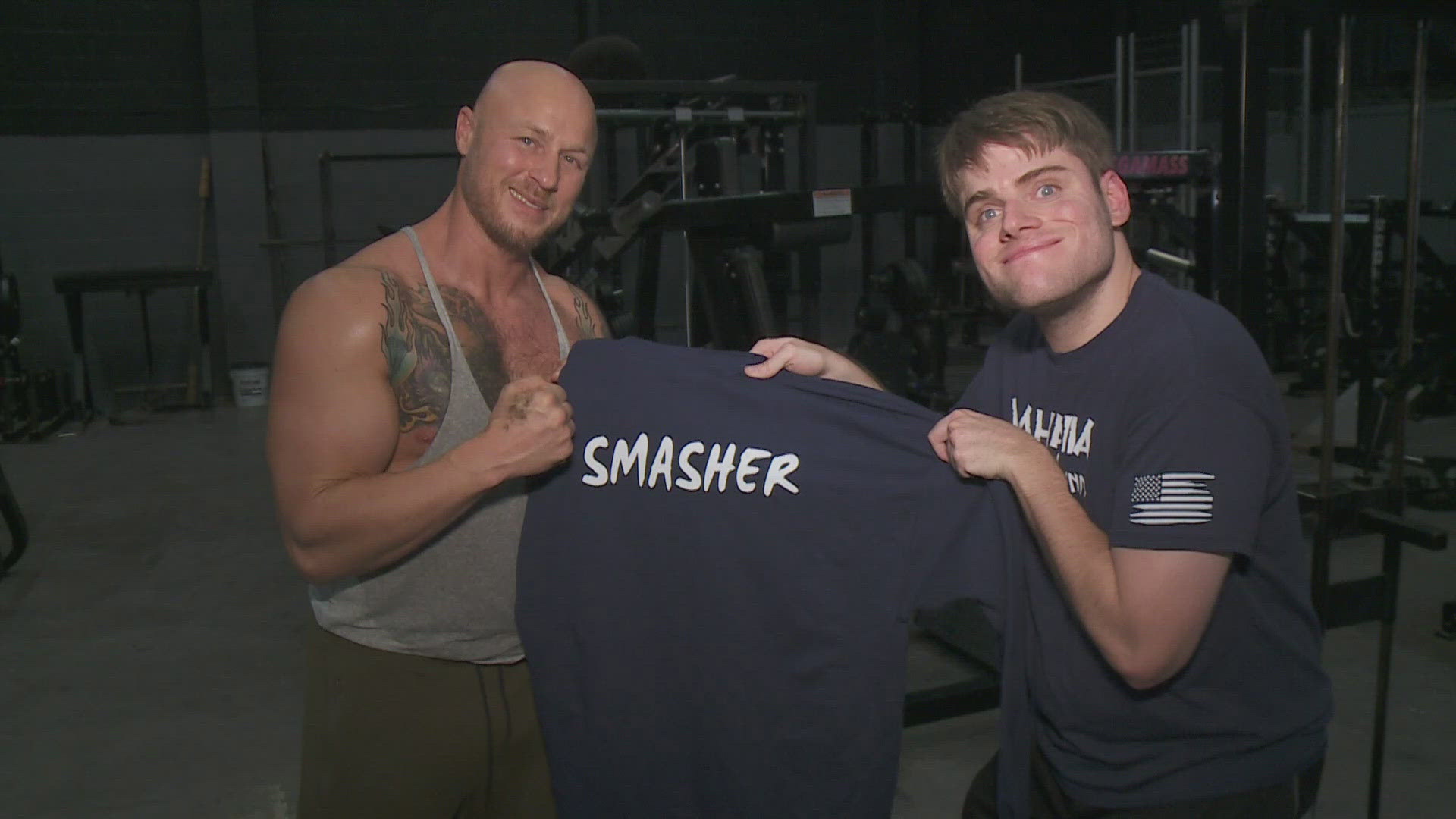NEW ORLEANS — Body water represents 76% of a human’s muscle mass. With aging, there is a progressive decline in total body water (TBW) – the result of sarcopenia, the aging loss of muscle, and the associated dynapenia, the aging loss of strength, without the intervention of resistance training and increased protein intake – from 0.8 grams per kilogram (Kg) to 1.2 grams per Kg in a non-athletic population. The result of sarcopenia is the loss of intracellular water (ICW).
In addition, the elderly is at increased risk for chronic dehydration, which cannot only affect muscle function, but also functional capacity to perform everyday tasks.
Researchers from Barcelona Spain writing – The Role of Water Homeostasis in Muscle Function and Frailty: A Review – in the August 2019 issue of the online, peer review journal Nutrients, comment that, “the role of water in muscular function in the aged population is poorly understood and evidence is both scarce and scattered.”
RELATED: 'Terminator' star Linda Hamilton got into the best shape of her life thanks to a New Orleans trainer
Suggesting that progressive age-related dehydration may be responsible for muscle function impairment and frailty, the Spanish researchers chose to review cell dehydration mechanisms and the potential consequences for muscle function in the aged population.
The investigators note that water function to act as a medium for all biochemical metabolism, a transport function, temperature control, structural, and mechanical function. In addition, water represents roughly 60% and 55% of body weight in adult males and females, and around 75% in children – with 70-75% in fat free mass and 10% in fat mass.
As lean mass decreases with age, with potential for an increase in fat mass, there is a potential for TBW loss in women and obese individuals.
From a dietary perspective food intake accounts for 20% of total water input – with beverages contributing 70-75%. Daily normal water loss comes from urine output, faecal and respiratory exchange (insensible perspiration).
Water balance (homeostasis) is achieved via the kidneys, where hormones such as anti-diuretic hormone (ADH) controls the thirst and urine output mechanisms, among other body control mechanisms.
The researchers point out that, “the aged population runs a greater risk of dehydration. Prevalence of dehydration in the elderly has been estimated at 20–30% and is associated with greater disability, morbidity and mortality.”
Further, “alterations in the hydro-electrolytic balance may cause decreased muscle strength, gait instability, falls, fractures, respiratory infections, confusion, renal failure and increased medication toxicity and may increase the risk of death.”
Causes of dehydration in the elderly are mainly related to a reduced thirst sensation consistent with a reduced ability to concentrate urine. Compared with younger adults, individuals aged 60–79 years old maximum urine osmolality and solute absorption are 20% and 50% lower, respectively.
The researchers conclude by saying that, “water is an essential nutrient for life as it plays fundamental metabolic, transport, structural and temperature control roles in the body. Ageing is characterized by slow and progressive process of dehydration and hyperosmotic stress, which, apart from being related with inflammation, causes cell shrinkage and damage to intracellular protein structure and function.”



